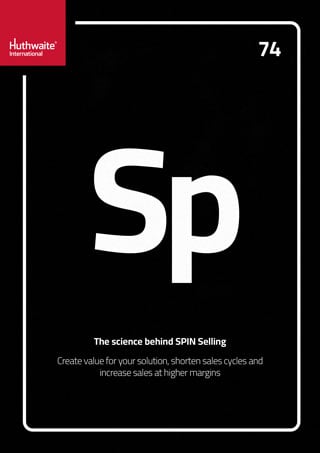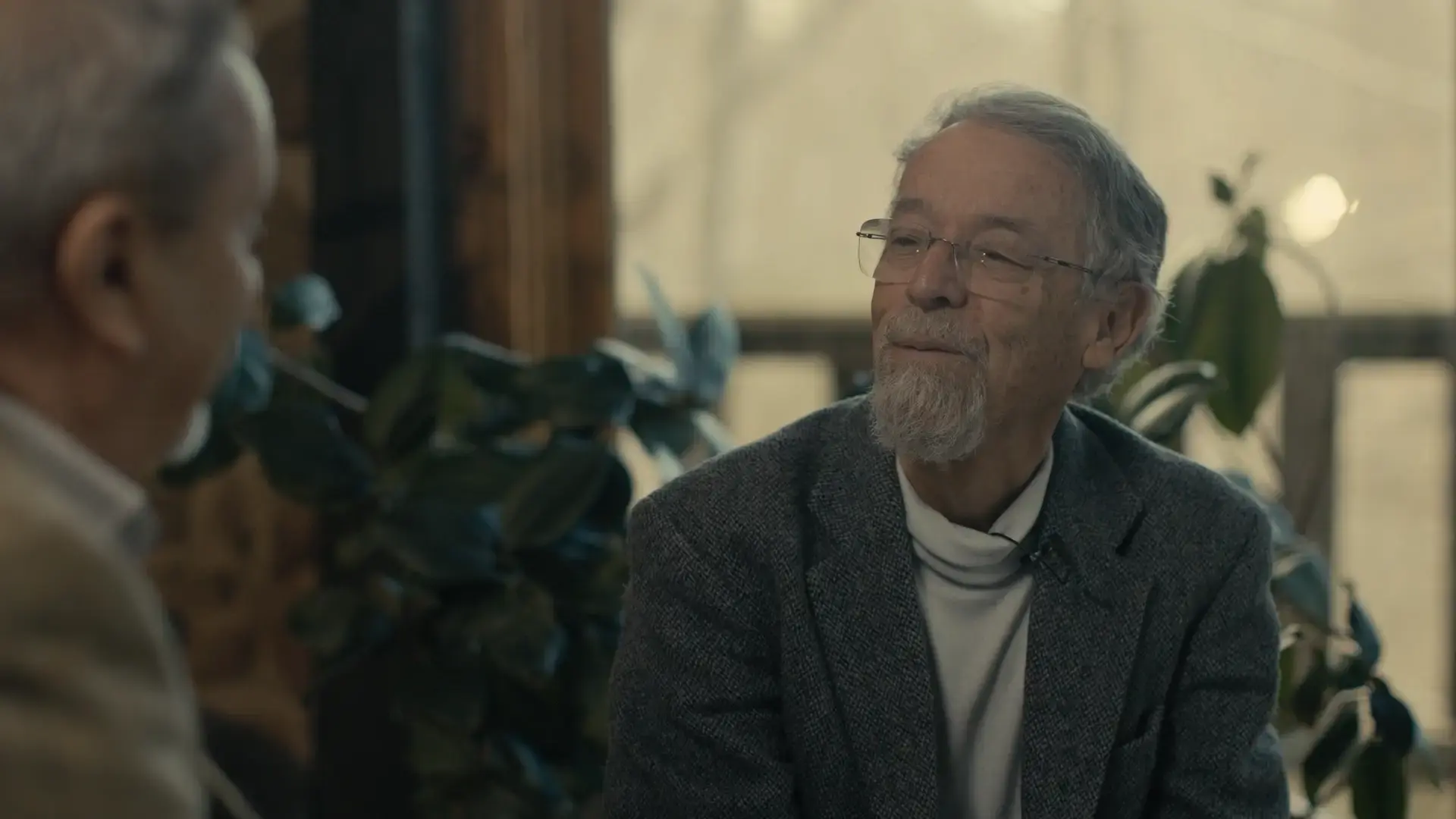Here in the UK, we've been in the middle of the General Election campaign in the last few weeks. In France, they're in a similar position, and in the USA, the run up to the next Presidential Election is gaining pace.
You might be excited by this. You might be despairing. You might be bored rigid (and I suspect, you won’t be in the minority).
Whatever your attitude to the politics of the situation, you will be aware that politicians appear on our TV sets on a pretty regular basis. Often they are interviewed – one-to-one in what is known in the media as a ‘long-form interview’. That means that a political journalist will ask them questions, explore their policies, their personalities and challenge the assertions that they make.
As a politics geek, I watch these interviews when I can. I also subscribe to news and politics podcasts to keep up to speed with what’s happening and what the political parties and their leaders are saying. Like most people, I guess, I also want to be abreast of which of their frequent missteps are making the headlines!
On one of those podcasts, Today presenter on BBC Radio 4 and former Political Editor at both the BBC and ITN, Nick Robinson, responded to a listener question. It was about how they handle the one-to-one, long-form interview with leaders of political parties.
For those who may not know Nick Robinson, he has been a journalist, producer and editor for almost 40 years best known as a Political Correspondent and Editor since 1996. He has covered every General Election in the UK since 1997 as well as Elections in the US and most European countries. And for those who like to complain about the BBC’s left wing bias, he was also the Chair of the National Young Conservatives shortly after leaving University.
His response to the question was fascinating.
First, he researches the interviewee – what they are likely to want to talk about and any issues where they may be less comfortable.
Next, he plans the questions he wants to ask in order to cover the subjects he wants to cover (especially those which coincide with his understanding of the interests of the audience – also researched in depth).
Then, he talks through those questions with colleagues he trusts, in order to consider alternatives or ways in which to ask those questions to get to the real substance.
Then, he rehearses. Often this will be rehearsing with someone playing the role of the interviewee who will throw in the odd curve ball response or use statistics or figures which are questionable. And he will rehearse repeatedly.
The point of the rehearsal, he said, was not to perfect the script. It was to prepare for the range of potential responses to his questions. His point was that he can’t interrogate someone, he needs to be prepared to follow the arguments and have a respectful but professional conversation. Where an interviewee tries to avoid answering or give an answer which sounds credible but is less than straightforward, he needs to probe and challenge. When the interviewer wants to repeat a campaign line, he needs to be able to redirect the interview back to the subjects he believes are most important to the audience.
Now think about your sales meetings. You ask questions, yes? At least, if you subscribe to Huthwaite International’s unrivalled research into effective sales meetings, you ask questions to uncover customer problems and customer requirements.
Do you research the customer you are meeting? Not just the company but, where possible, the individuals sitting on the other side of the video conference or table?
Do you prepare your questions? Not as a script but to create a framework that will uncover the information you need and throw some light on the opportunities and challenges your customer’s face?
Do you rehearse? The simple fact of hearing the questions come out of your own mouth is a useful experience. But rehearsing with someone throwing in an unexpected answer or coming up with something which has the potential to derail your meeting, is invaluable. And that value is increased if the person playing the customer role can offer objective feedback based on a clear success model and coupled with a desire for you to be as successful in that meeting as you possibly can be.
So, the next time you have an important meeting with a customer or prospect ask yourself:
- Am I as well prepared as I can be?
- Have I worked out what I want to know? Do I know what value the meeting will bring to both sides?
- Do I know the questions I’m going to ask and why they are important?
- Have I rehearsed and have I rehearsed with someone who will provide objective feedback?
- Would I prepare differently if this meeting was being broadcast on national TV?
If the answer to the last question is yes – go back and prepare some more. Nick Robinson has been interviewing people for almost 40 years and still prepares and practices because he is a professional.
However long your experience, and regardless of how many sales meetings you have been in, remember that your customers are your audience. They deserve the best performance you – as a professional - can give.

Download The Science Behind SPIN now!
Discover more about the extensive research around selling and salespeople that pioneered a new era in the sales landscape and brought success to organisations large and small.






